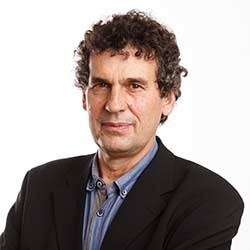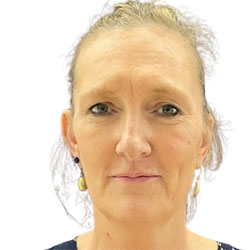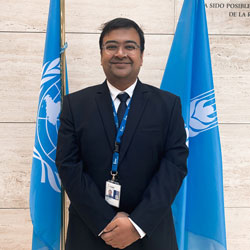Bangladesh
The Context
Bangladesh is one of the most populous countries in the world, with a population of more than 169 million. Since its independence in 1971, Bangladesh has increased its real per capita income almost eight times and made significant strides in reducing poverty.
Nevertheless, poverty remains a major challenge, leaving people extremely vulnerable to the impacts of crises.
Agriculture is a vital sector of the economy, employing more than a third of the country's labour force and contributing 12 per cent to the country's GDP. However, the land area available for farming is shrinking as the country urbanises, and most rural households have little, if any, cultivable land. Rice, wheat, pulses, fruits and vegetables are the main food crops, but farmers lack access to critical agricultural inputs, nature-based solutions and mechanisation.
Climate change is a significant threat to Bangladesh, exacerbating natural disasters such as floods, cyclones, landslides and changing monsoon rainfall patterns. The country has experienced severe and untimely flooding at an increased frequency in recent years, which has had a negative impact on agricultural production and economic growth, with implications particularly felt by the economically and socially vulnerable.
The Strategy
IFAD has been investing in poor rural communities in Bangladesh since 1978. We promote inclusive and resilient livelihood opportunities for smallholders and microentrepreneurs to:
- Strengthen the climate resilience through infrastructure and climate-smart agriculture.
- Enhance access to financing, technology and markets to diversify the economy and generate rural employment.
We focus particularly on women, youth and marginalised groups, including ethnic minorities and persons with disabilities. Other thematic areas include innovation, improved nutrition, natural resource management and low-carbon technologies.
Country Facts
Over the last 40 years, cyclones and floods have affected more than 400 million people in Bangladesh.
Although agriculture accounts for less than 15 per cent of the gross domestic product, the farm sector still employs about 38 per cent of the labour force.


